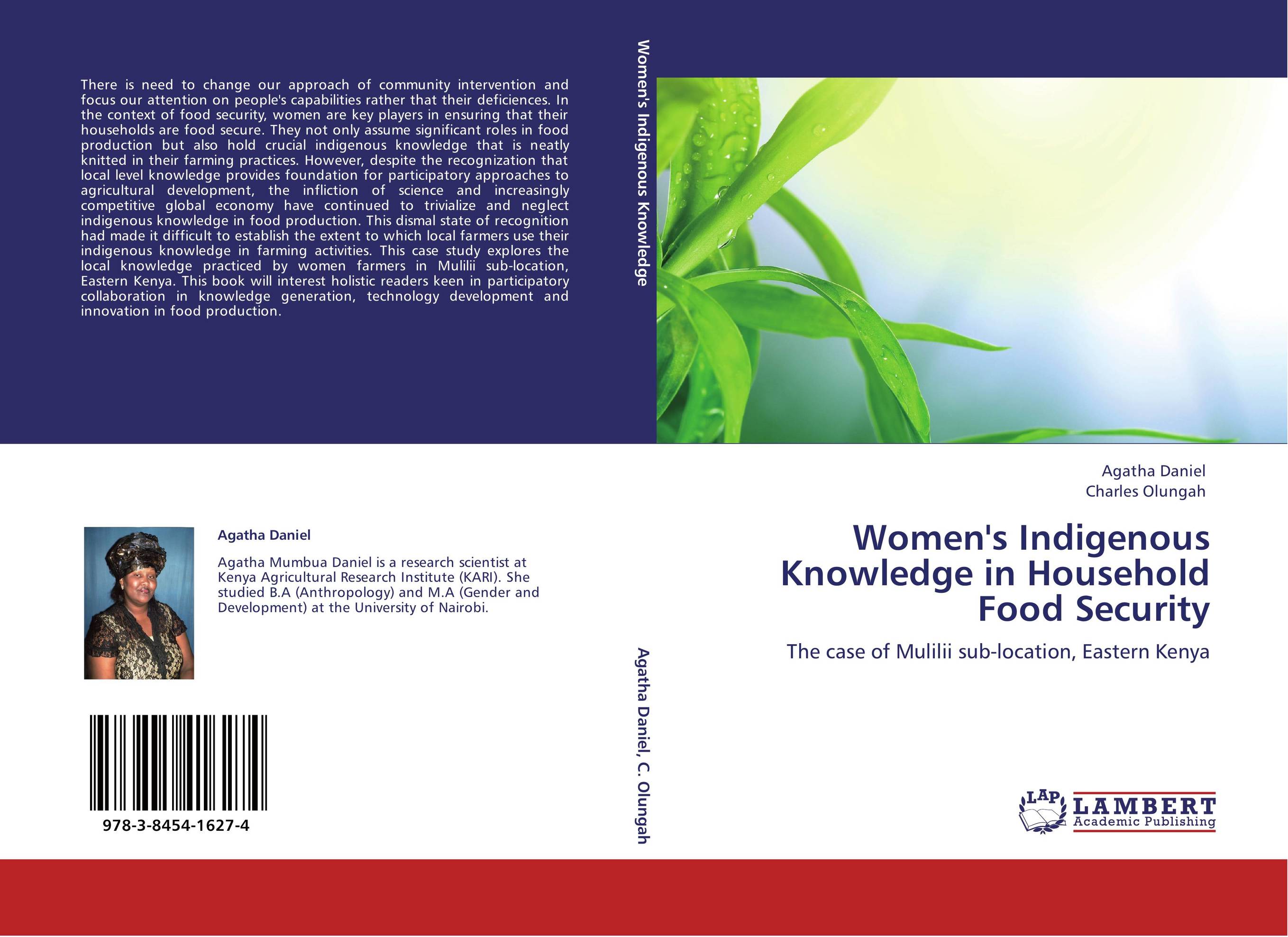| Поиск по каталогу |
|
(строгое соответствие)
|
- Профессиональная
- Научно-популярная
- Художественная
- Публицистика
- Детская
- Искусство
- Хобби, семья, дом
- Спорт
- Путеводители
- Блокноты, тетради, открытки
Women's Indigenous Knowledge in Household Food Security. The case of Mulilii sub-location, Eastern Kenya

В наличии
| Местонахождение: Алматы | Состояние экземпляра: новый |

Бумажная
версия
версия
Автор: Agatha Daniel and Charles Olungah
ISBN: 9783845416274
Год издания: 2012
Формат книги: 60×90/16 (145×215 мм)
Количество страниц: 100
Издательство: LAP LAMBERT Academic Publishing
Цена: 31211 тг
Положить в корзину
Позиции в рубрикаторе
Отрасли экономики:Код товара: 477828
| Способы доставки в город Алматы * комплектация (срок до отгрузки) не более 2 рабочих дней |
| Самовывоз из города Алматы (пункты самовывоза партнёра CDEK) |
| Курьерская доставка CDEK из города Москва |
| Доставка Почтой России из города Москва |
Аннотация: There is need to change our approach of community intervention and focus our attention on people's capabilities rather that their deficiences. In the context of food security, women are key players in ensuring that their households are food secure. They not only assume significant roles in food production but also hold crucial indigenous knowledge that is neatly knitted in their farming practices. However, despite the recognization that local level knowledge provides foundation for participatory approaches to agricultural development, the infliction of science and increasingly competitive global economy have continued to trivialize and neglect indigenous knowledge in food production. This dismal state of recognition had made it difficult to establish the extent to which local farmers use their indigenous knowledge in farming activities. This case study explores the local knowledge practiced by women farmers in Mulilii sub-location, Eastern Kenya. This book will interest holistic readers keen in participatory collaboration in knowledge generation, technology development and innovation in food production.
Ключевые слова: women, Indigenous Knowledge, Household Food Security



